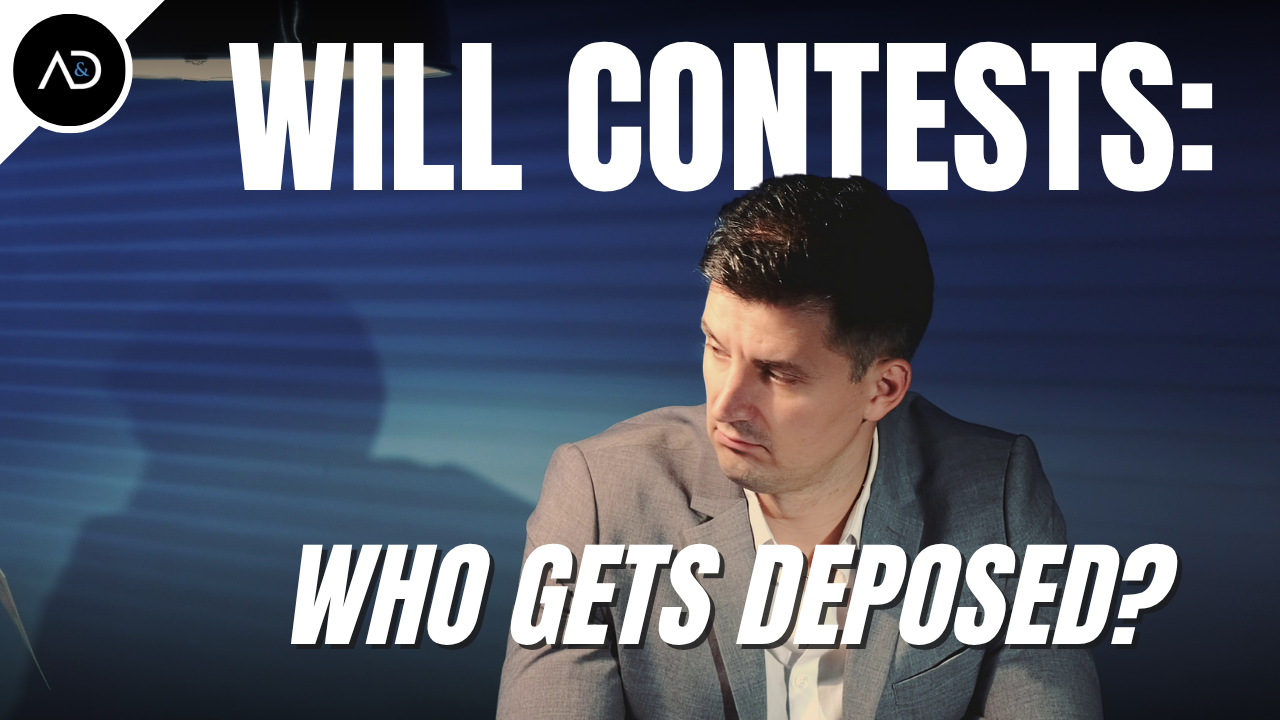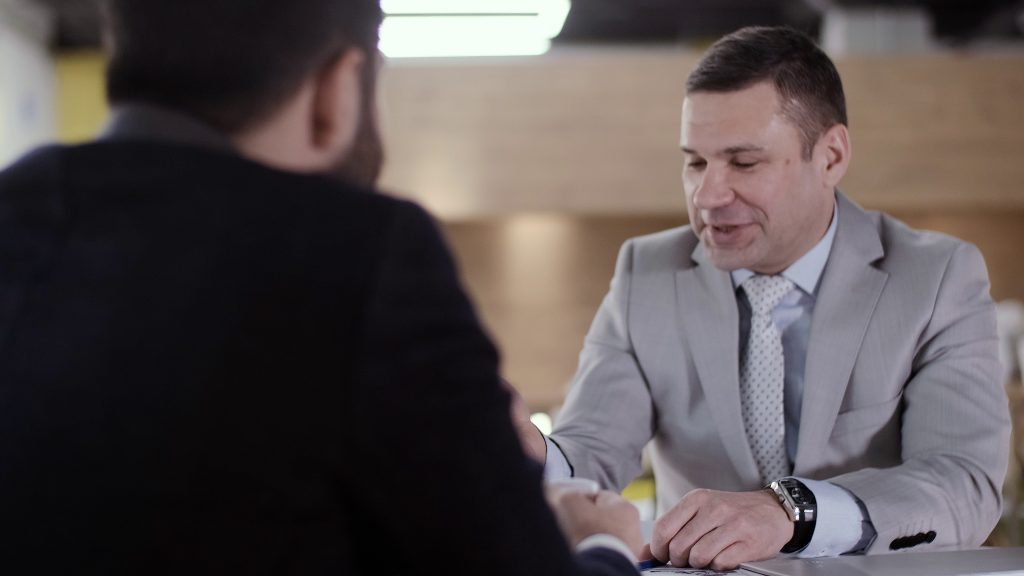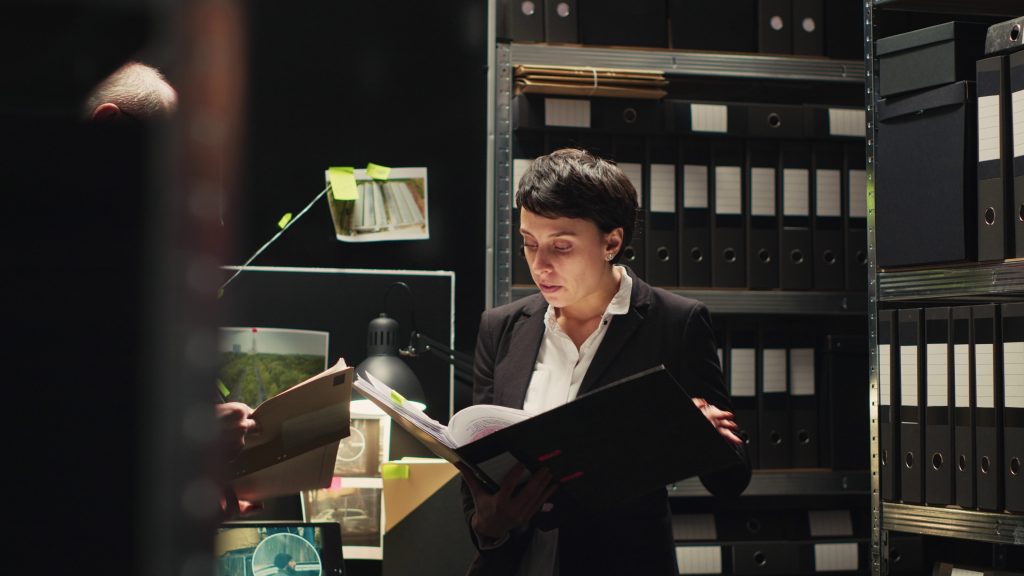
Will contest cases are among the most complex matters in probate litigation. To challenge a will successfully, you must assert a valid legal ground, most commonly lack of capacity or undue influence. Proving either of these claims requires gathering compelling, admissible evidence, and that usually includes taking multiple depositions.
In most will contest cases, you can expect to depose at least five to ten witnesses, including:
- The alleged “bad actor” who may have exerted undue influence
- The attorney who drafted the will
- The treating physicians who assessed the testator’s mental and physical health
- Any expert witnesses, such as medical specialists retained for their opinions
- Key percipient witnesses or those who observed the testator’s behavior and statements
Contact a will contest attorney in San Diego today to get started with a free consultation.
Tailoring Questions to the Witness
Your deposition strategy should depend on who you are deposing. Here’s a breakdown of typical question areas by witness type:
-
Drafting Attorney

The attorney who prepared the will is one of the most important witnesses in any will contest. You want to uncover how they were retained, how the will was prepared, and whether proper safeguards were followed.
Key Questions:- Who initially contacted you to draft the will?
- When were you first contacted?
- Who was present during the initial and subsequent meetings?
- If anyone other than the testator was present, did they participate in the meetings?
- What did the testator communicate as their wishes?
- Did the testator explain why they wanted to make changes?
- Did you assess the testator’s capacity? If so, how?
- Had you previously represented the testator?
- Had you represented any of the beneficiaries, particularly the alleged influencer?
Goal: Establish the circumstances under which the will was created and assess whether the attorney conducted a proper, independent evaluation of the testator’s intent and capacity.
-
Treating Physician
The testator’s treating doctor can provide insight into their mental and physical health leading up to the will’s execution.
Key Questions:
- What is your area of medical specialty?
- Do you have experience treating geriatric patients?
- When did you last examine the testator?
- Did you diagnose the testator with dementia or any cognitive impairments?
- Were any mental status exams administered? If so, which ones?
- What were the testator’s results or diagnoses?
- How much time did you typically spend with the testator during each visit?
- Would a poor score on a mental exam prompt you to refer the patient to a specialist?
Goal: Pin down the doctor’s observations and qualifications. If their testimony is unfavorable, you may be able to minimize its weight by highlighting limited interaction with the testator or lack of specialized training.
-
Expert Witnesses

These are professionals (often retained by either party) who opine on the testator’s mental state based on medical records and witness accounts.Key Questions:
- What materials did you review in forming your opinion?
- Are you familiar with the standard for testamentary capacity in California?
- How would you describe the testator’s mental functioning at the time of the will signing?
- What role did any medications or illnesses play in the testator’s cognitive ability?
Goal: Clarify the foundation of the expert’s opinion and test its strength for credibility, thoroughness, and consistency.
-
Percipient Witnesses
Friends, caregivers, or others who interacted regularly with the testator may offer valuable insight into their mental state or any suspicious activity.
Key Questions:
- How often did you see or speak with the testator?
- Did the testator ever mention updating their will?
- Did you notice any changes in their behavior or mental acuity?
- Did you ever witness the alleged influencer pressuring the testator?
Goal: Establish real-time observations of the testator’s condition and detect any red flags regarding undue influence or cognitive decline.
-
The Alleged Influencer (“Bad Actor”)

This is often the most challenging and strategic deposition. Your aim is not necessarily to get the truth, but to lock them into their version of events.Key Questions:
- How did you become involved in the testator’s estate planning?
- Were you present when the testator met with the drafting attorney?
- Did you suggest or assist in finding the attorney?
- Were you aware of any changes being made to the will?
- How often did you visit or communicate with the testator leading up to the will signing?
Goal: Get them on record. Even if they lie, you can later use contradictions and inconsistencies to impeach them at trial.
Final Thoughts on Will Contest Depositions
In will contest litigation, depositions are where your case takes shape. They’re not just fact-finding tools, they’re strategic weapons to build (or dismantle) the narrative of testamentary intent. The more prepared you are with focused, relevant questions tailored to each witness, the stronger your position will be as your case moves toward trial.
If you’re involved in a will contest case, working with an experienced San Diego estate litigation attorney is essential to ensure your depositions are sharp, effective, and admissible.
If you’re unsure whether you need legal help, consider scheduling a free consultation with an experienced probate lawyer. A good lawyer can quickly assess your situation and guide you on the best course of action.

